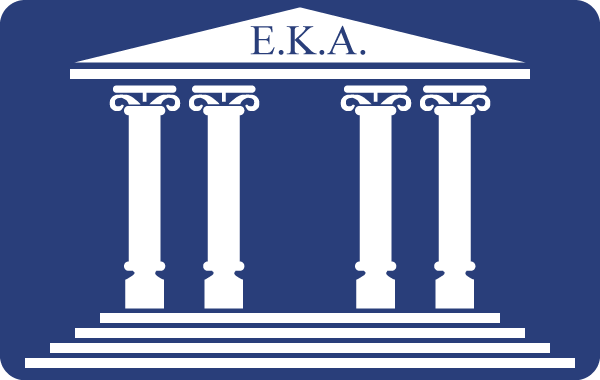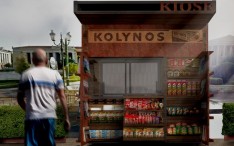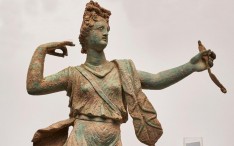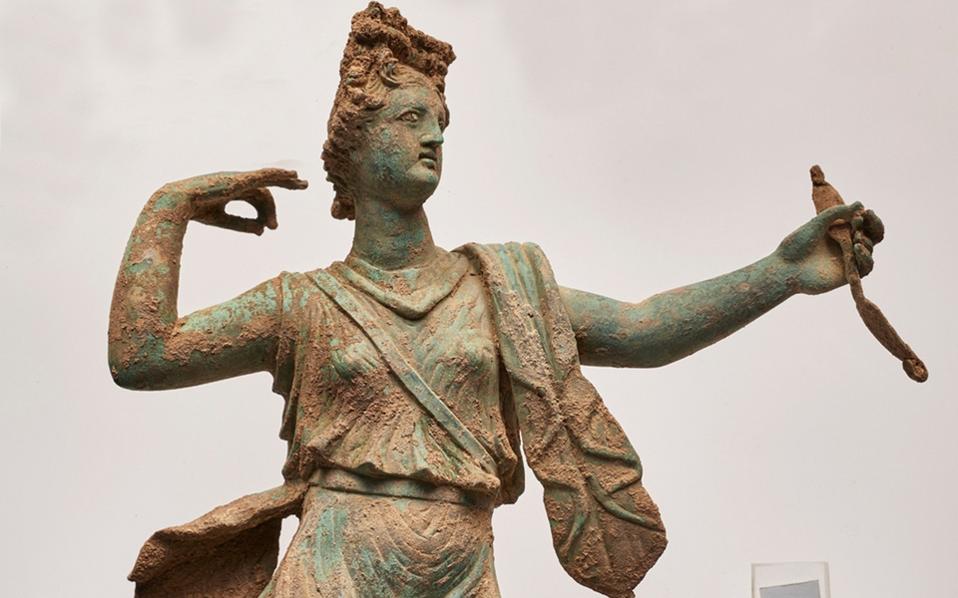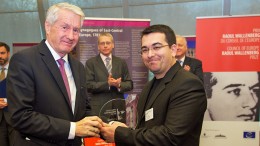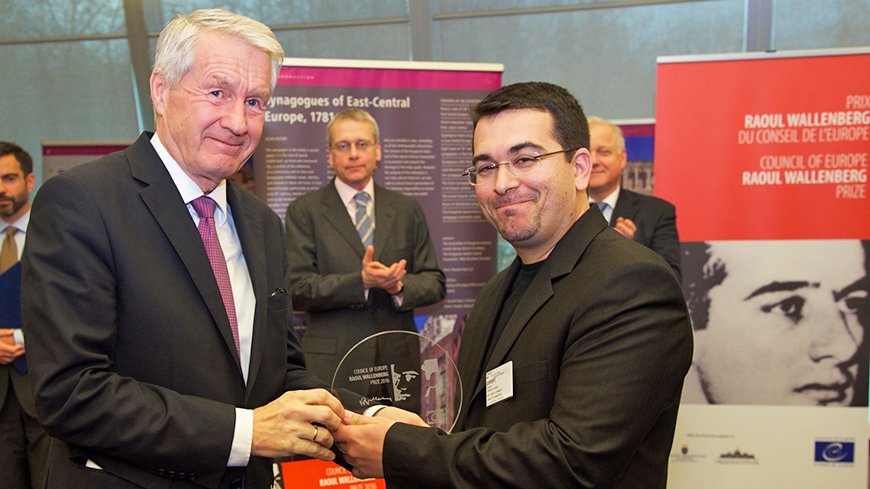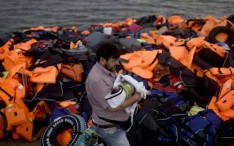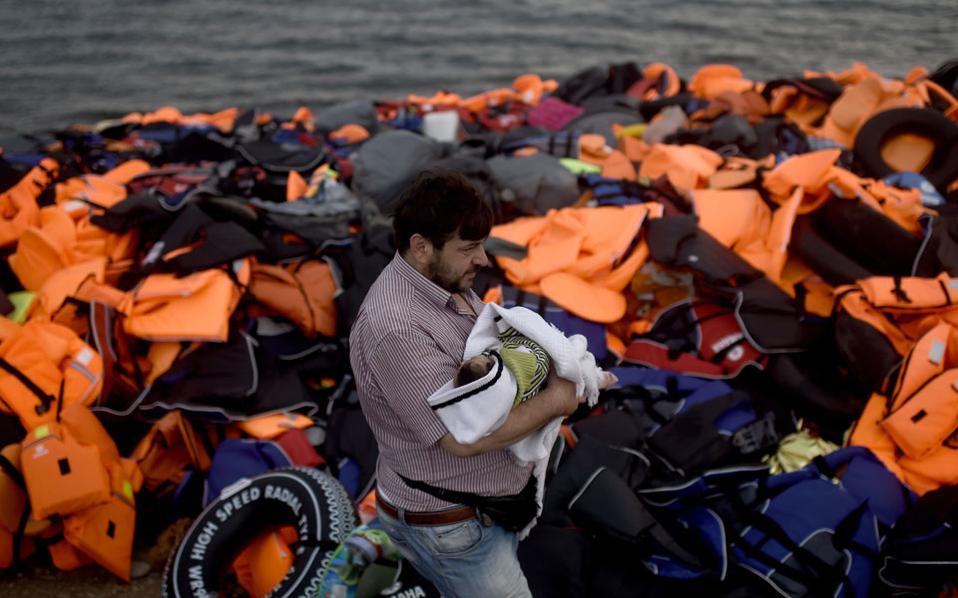 The jury of the Council of Europe awarded the 2016 Raoul Wallenberg Prize to Agalia, a Greek NGO operating on the island of Lesvos, for “outstanding achievements in providing frontline assistance to thousands of refugees irrespective of their origin and religion,” the European body announced last week.
The jury of the Council of Europe awarded the 2016 Raoul Wallenberg Prize to Agalia, a Greek NGO operating on the island of Lesvos, for “outstanding achievements in providing frontline assistance to thousands of refugees irrespective of their origin and religion,” the European body announced last week.
The jury notes that Lesvos has become a European gateway for refugees and hails the exemplary work of Agalia, saying it has been providing temporary shelter, food, water and medical aid to people in need, assisting some 17,000 refugees and migrants since May 2015. Through its work to assist refugees, Agalia also promotes tolerance and human rights, the jury adds.
Founded by Father Efstratios (known “Papa-Stratis”), who passed away in September 2015, Agalia has continued to gain steady support as its devoted associates pursue the Father’s endeavor.
“As a small and flexible local organization based on volunteers, Agalia sets a leading example of effective action by European civil society on a burning global issue,” stated Secretary General Thorbjorn Jagland, announcing the jury’s decision. “Agalia’s activities reflect the fundamental values of the Council of Europe and contribute to its work to promote and protect human rights in Europe and beyond,” he added.
The award ceremony of the 10,000-euro prize takes place on January 13, 2016, at the Council of Europe headquarters in Strasbourg.
The Council of Europe Raoul Wallenberg Prize was established in 2012 at the initiative of the Swedish Government and the Hungarian Parliament. The first prize, which is biennial, was awarded in January 2014 to Elmas Arus, Turkish film director of Roma origin.
(www.ekathimerini.com)
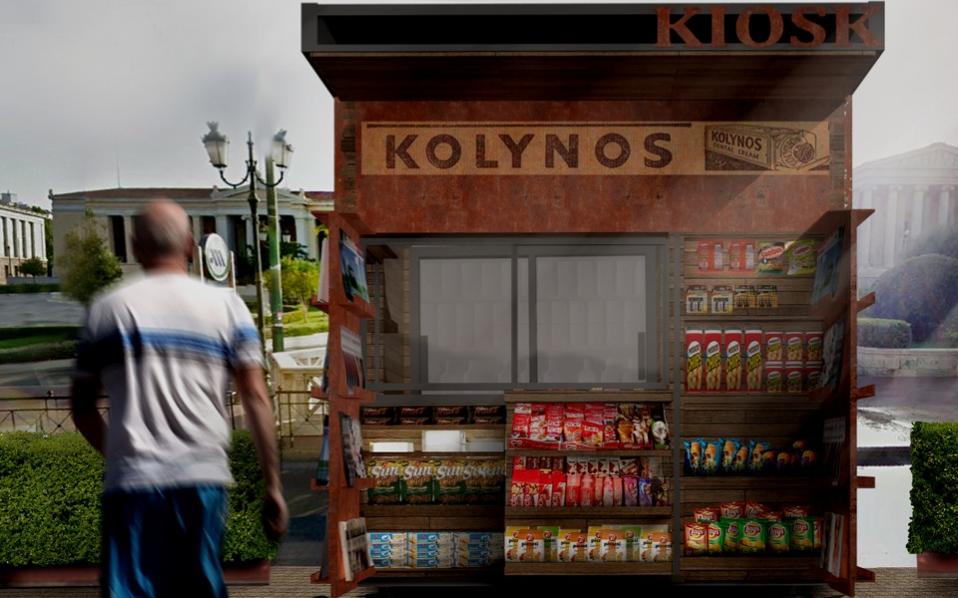 The Greek capital may see a new generation of kiosks after the City of Athens handed out awards Tuesday for three designs to replace the old street stands.
The Greek capital may see a new generation of kiosks after the City of Athens handed out awards Tuesday for three designs to replace the old street stands.